Logistics Services
Learn What's Working
Assess Available Options
Partner with Visigistics
Domestic Freight Shipping Services and 3PL Warehousing Services
Visigistics is focused on simplifying and providing a reliable end-to-end solution for all your freight shipping and warehousing services. We offer a full scope of logistics services to help your company successfully manage and optimize the movement of your inventory.
Visigistics puts programs together with leading transportation management companies and 3PL warehouses to create reliable and cost effective supply chains. Whether you are moving parcel, Less-than-Truckload (LTL), full truckload (FTL), air, intermodal, or need a 3PL warehouse, we have solutions to help you improve your supply chain and operations.
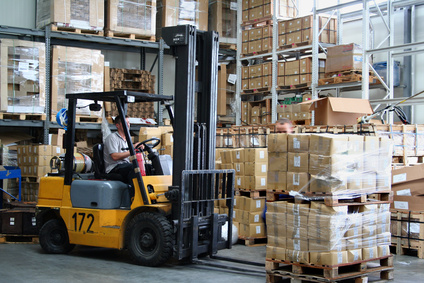
3 Ways Visigistics Helps Your Business to Get Stuff Done:
How to Get Started
Learn What’s Working in Today’s Market
Evaluate how to survive in today’s market
Assess Options for Your Business
See solutions that are working for other companies
Partner with Visigistics to get stuff done
Get stuff done with Visigistics Solutions
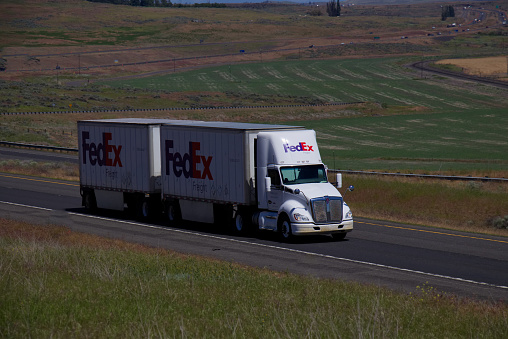
Visigistics has the experience, relationships, and tools needed to Optimize your freight shipping processes
Visigistics provides freight solutions to help companies streamline shipping processes, improve on-time performance, reduce claims while reducing overall costs.
We work with our customers to understand their needs and develop a solution to help them create reliable supply chains at a lower cost.

Truckload
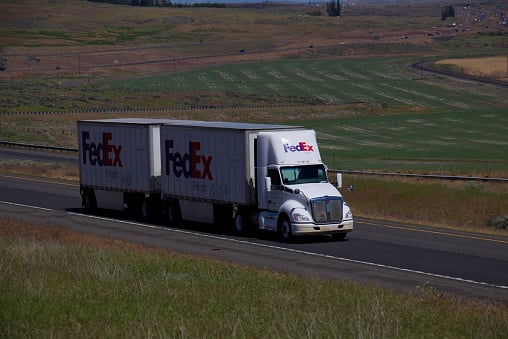
Less-Than-Truckload
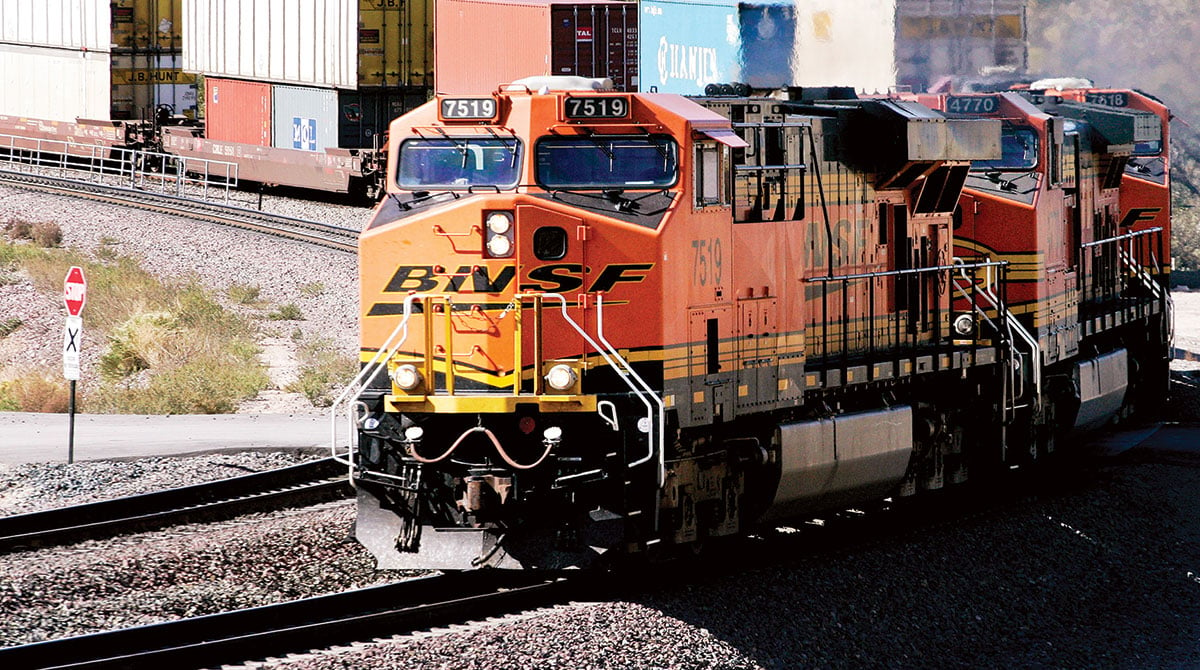
Intermodal
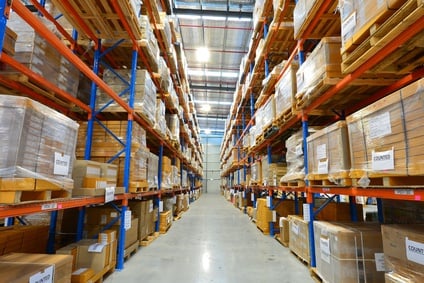
Warehousing & Fulfillment
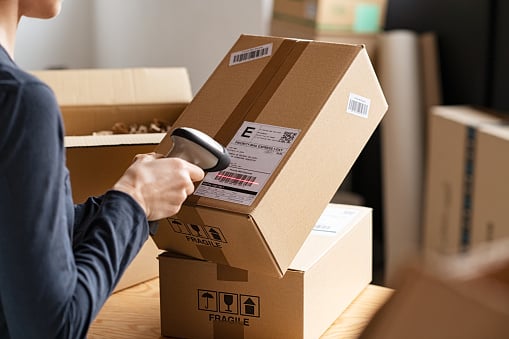
Parcel

Refrigerated LTL and TL
Our Services
Please don't hesitate to contact us about your logistics and supply chain needs.
Contact Us
Our consultants will work with you to determine if we are a fit for your project. If we don't think we are a fit we will be glad to give you a referral to someone who we think can.
Experienced in Domestic Freight Shipping and 3PL Warehousing
Below are some frequently asked questions about US freight shipping and 3PL Warehousing:
FTL is an abbreviation for Full Truckload. LTL stands for Less-Than-Truckload. LTL is typically used for shipments under 10 pallets and 10,000 pounds. FTL is used for shipments typically over 10 pallets or 10,000 pounds.
A freight shipping service is a service provided typically by a 3rd party transportation management company. The benefits of using this services is that the service provider typically utilizes a transportation management system to streamline planning, rating, dispatching, tracking and invoicing. Transportation management companies typically have more buying power and have a team of specialist that are negotiating rates daily versus yearly by most shippers allowing them to make a profit while improving shippers processes and reducing total costs.
Without knowing specifics about your business, we don't know if we are a fit. However, we do offer a no-cost, no-obligation assessment to determine if we can help companies. If we determine we are not a fit, we tell you so we don't waste your time or our time.
Yes. We start by having a discussion about what your needs are and what you are looking for. We have a network of warehousing partners that we can bring to the table or we can be contracted to identify potential 3PL warehouse companies and evaluate them for you.
We have access to warehouses in Texas and across the United States. Whether you are looking for a Houston Texas warehouse, Dallas warehouse, Laredo TX warehouse, Austin TX warehouse or San Antonio warehouse.
Visigistics is dedicated to assisting businesses in optimizing their logistics operations through the utilization of data and technology. Our approach involves the integration of a transportation management system (TMS) into your existing logistics framework. By implementing a TMS, you gain access to a centralized dashboard that streamlines the management of your shipping processes.
With the TMS in place, you benefit from enhanced visibility across your entire supply chain. This visibility allows you to have a comprehensive understanding of your shipment's progress, enabling you to make informed decisions and react quickly to any disruptions or delays. Furthermore, the TMS facilitates the aggregation of a vast amount of data, providing you with insights to streamline shipping loads and determine the most efficient routes for your shipments.
In addition to optimizing the management of your shipments, our TMS solutions allow for seamless communication with both Less than Truckload (LTL) and Full Truckload (FTL) carriers. This ensures that you have access to a wide range of transportation options, allowing you to select the most suitable carrier for your specific needs.
At Visigistics, we understand the importance of leveraging data and technology in today's fast-paced business environment. Our expertise in TMS implementation empowers you to simplify and streamline your logistics operations, ultimately improving overall efficiency and reducing costs. Contact us today to explore how our TMS solutions can benefit your business and make shipping operations easy and effective.
A transportation management system (TMS) can play a significant role in helping businesses determine the best shipping method for their needs. By integrating a TMS into their logistics operations, businesses can efficiently navigate the decision between less than truckload (LTL) or full truckload (FTL) shipping based on various factors.
Firstly, a TMS aggregates a vast amount of data into a centralized dashboard, allowing businesses to gain exceptional visibility into their logistics operations. This comprehensive view enables them to analyze historical data, delivery times, load sizes, and other relevant factors that influence the choice between LTL and FTL shipping. By analyzing this data, businesses can make informed decisions and determine the most cost-effective and efficient shipping method.
Furthermore, a TMS simplifies communication with both LTL and FTL carriers. It provides a platform for businesses to collaborate and exchange information with carriers, ensuring smooth and efficient shipping operations. Whether it is negotiating rates, tracking shipments, or coordinating delivery schedules, a TMS streamlines communication and enhances the overall shipping process.
A TMS also facilitates the optimization of shipping loads. By utilizing advanced algorithms and real-time data, businesses can determine the most optimal way to consolidate shipments and allocate them between LTL and FTL carriers. This optimization process helps minimize costs associated with transportation, reduce the number of empty spaces on trucks, and ultimately increase overall efficiency.
Additionally, a TMS assists in selecting the best route for shipments. With access to real-time traffic data, weather conditions, and other critical information, businesses can determine the most time-efficient and reliable route for their shipments. This ensures timely deliveries and reduces the risk of delays or disruptions during transit.
In summary, a transportation management system (TMS) helps businesses determine the best shipping method by providing exceptional visibility, facilitating communication with carriers, optimizing shipping loads, and determining the most efficient route. By leveraging data and technology, a TMS empowers businesses to make informed decisions, improve efficiency, and streamline their logistics operations.
Factors that can positively influence parcel rates in 2024 include the continued growth of e-commerce, which may lead to increased demand for parcel shipping services. This surge in e-commerce activity can create competition among parcel networks for available capacity, potentially leading to higher rates. Furthermore, a growing economy could also result in higher shipping volumes, driving rates up. Another factor that could positively impact parcel rates is if there are improvements in technology and logistics that make shipping more efficient and cost-effective for parcel carriers. Additionally, any regulatory changes or market conditions that lead to reduced operational costs for shipping companies could also contribute to lower parcel rates in 2024.
Businesses dealing with concerns over increasing parcel costs can effectively handle and reduce their expenses by integrating advanced technology solutions into their operations. By utilizing tools such as freight-spend-management systems and multicarrier parcel optimization software, companies can streamline their processes, compare shipping rates, and optimize delivery routes. This technology enables businesses to automate various tasks related to parcel management, leading to improved cost-efficiency and reducing operational expenses. Furthermore, companies can leverage insights gained from these platforms to negotiate more favorable contracts with carriers, such as securing volume discounts and negotiating customized terms to better suit their needs. Exploring the use of alternative carriers and shipping methods, including regional carriers or specialized shipping options for certain requirements, can also aid in mitigating escalating parcel costs. Embracing technology-driven solutions is key for businesses seeking to proactively manage and control their expenses amid rising parcel costs.
In 2024, parcel rates in the United States are projected to witness initial increases in the short term, primarily driven by general rate adjustments, notably for residential drop-offs. However, over the long term, these rates are anticipated to experience a downward trend. This shift is likely to be influenced by factors such as a potential economic deceleration and heightened market competition, which could potentially moderate rate escalations as the year progresses.
Key strategies for Full Truckload (FTL) and Less Than Truckload (LTL) transportation in 2024 include establishing strong partnerships with reliable carriers and brokers to provide flexibility and competitive rates. Another vital strategy is to utilize technology solutions like freight procurement platforms, Transportation Management Systems (TMS), visibility platforms, and freight spend management tools. Additionally, companies should consider green logistics options such as fuel-efficient vehicles, optimized routing, and partnering with carbon-neutral transport providers to cut costs and improve brand reputation. It's also crucial to stay on top of market trends, fuel prices, and regulatory changes. Being open to adapting strategies and exploring alternative solutions is essential for cost optimization and maintaining competitiveness in the ever-evolving transportation landscape of 2024.
The potential for rate increases in the FTL market for 2024 is indicated by several key factors. These include an impending shift in the market landscape, which is likely to result in decreased capacity and heightened demand. This increased demand can be attributed to projections for economic expansion and the ongoing surge in e-commerce activities, leading to higher freight volumes that exceed existing capacity. Moreover, rising costs such as increased diesel fuel prices, labor expenses, and insurance premiums further contribute to anticipated rate hikes. Additionally, the renewal of FTL contracts negotiated during the 2023 economic downturn presents an opportunity for new agreements to align with the evolving market dynamics and the elevated cost environment.
In considering the prospects for the logistics industry in 2024, one must factor in the multitude of challenges on the horizon. Geopolitical tensions, economic uncertainties, changing regulations, and the impacts of unpredictable weather patterns all contribute to a complex landscape that the industry will navigate in the upcoming year. Despite these obstacles, opportunities for growth and innovation may also arise as companies strive to adapt and improve their operations in the face of such disruptions. By closely monitoring and addressing these various issues, organizations can work towards creating a more resilient and efficient logistics sector in 2024.
Our Latest Article
Below are some recent posts that you may find useful.
- Troy Patterson
- April 16, 2025

